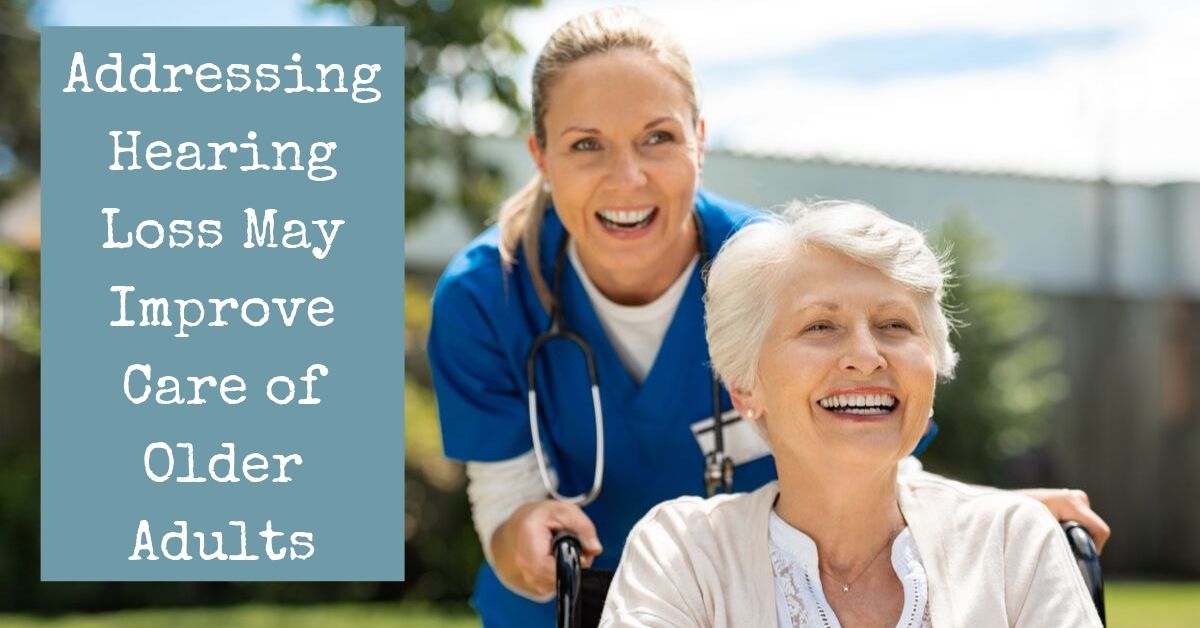Tips for Attending Social Events with Hearing Loss
Planning for a party or social event involves a lot of decisions: choosing


Planning for a party or social event involves a lot of decisions: choosing

Hearing loss is a common occurrence, and seeing an audiologist is often

These seasonal changes can bring about some unique considerations for